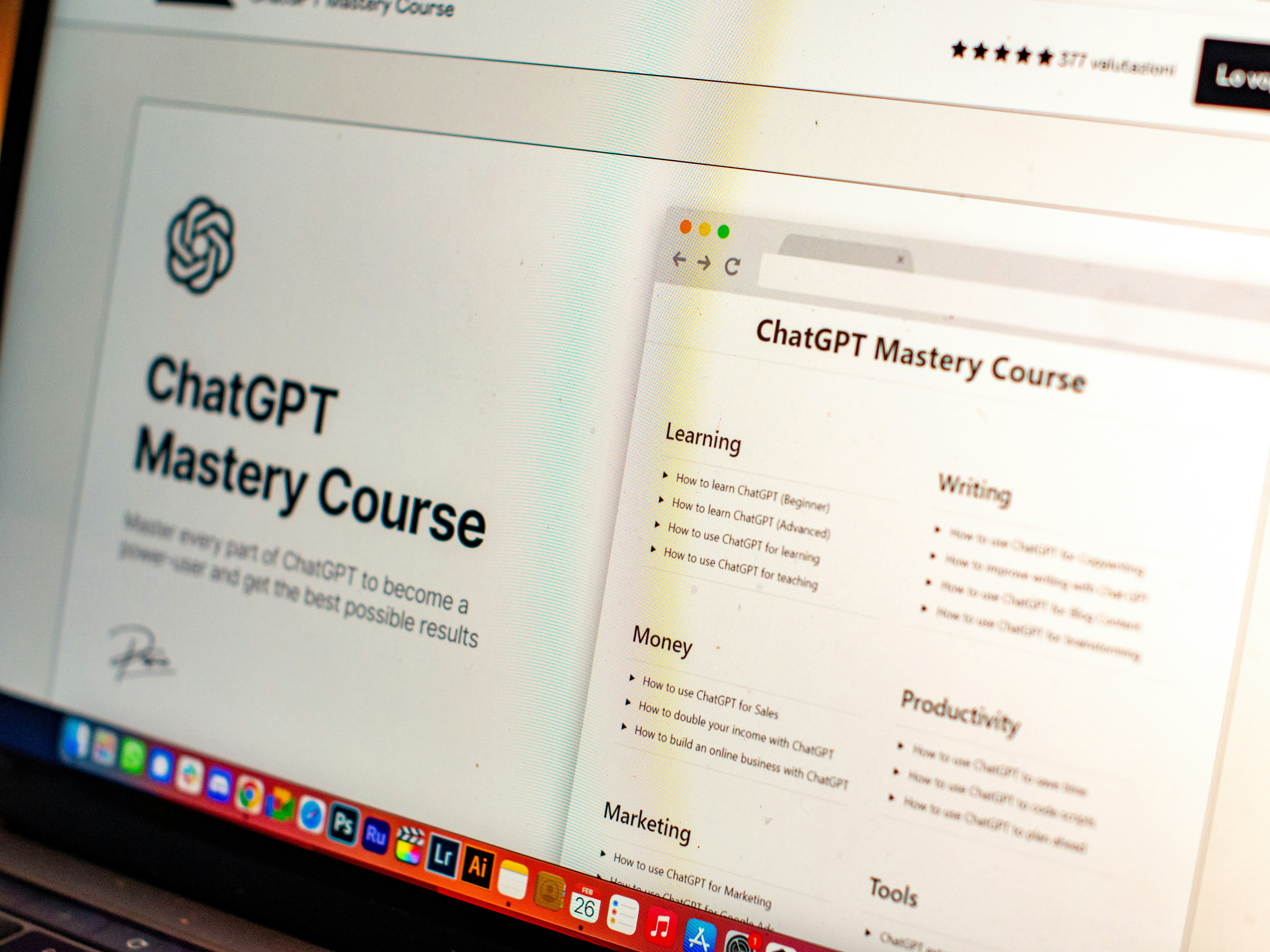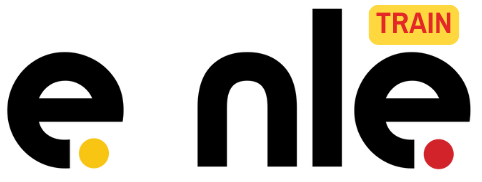The Power of Microlearning: Boost Your Skills in Just 15 Minutes a Day

Understanding Microlearning
Microlearning is an innovative approach to education that focuses on delivering content in small, easily digestible segments. This method allows learners to acquire knowledge and skills in brief bursts, making it ideal for today’s fast-paced digital environment. The concept originated from the recognition that traditional learning methods often require significant time commitments, which many individuals struggle to fulfill due to their busy schedules. As a result, microlearning has emerged as a practical alternative that promotes efficient knowledge acquisition.
The rise of microlearning can be attributed to several factors, including the proliferation of mobile technology and the increasing demand for flexible learning solutions. In a world where information is consumed on-the-go, microlearning caters to the needs of learners by enabling them to engage with educational material anytime and anywhere. This approach is especially beneficial for professionals seeking to advance their skills without disrupting their daily routines. By allocating just 15 minutes a day to learning, individuals can achieve significant progress over time.
One of the key benefits of microlearning is its accessibility. The inherent brevity of this method makes it easier for learners to fit educational activities into their lives without feeling overwhelmed. Additionally, the targeted nature of microlearning fosters deeper engagement, as it enables individuals to focus on specific topics or skills without distractions. Research has shown that bite-sized learning enhances retention, helping learners to remember information more effectively compared to traditional, lengthy training sessions.
Moreover, microlearning allows for personalization and adaptability, empowering learners to choose the content that is most relevant to their interests and needs. This contrasts sharply with conventional learning approaches, which often follow a one-size-fits-all model. By embracing microlearning, educators and organizations can better meet the varying demands of learners while promoting a culture of continuous improvement and skill development.
The Psychological Benefits of Microlearning
Microlearning has garnered significant attention in educational and professional environments due to its alignment with the brain’s cognitive functions. This approach focuses on delivering concise learning segments that can be completed in a matter of minutes, catering to an increasingly distracted audience. One of the fundamental benefits of microlearning lies in its compatibility with the average human attention span, which has been significantly reduced in today’s fast-paced digital landscape. Research indicates that the optimal attention span for focused learning is around 10 to 15 minutes, making microlearning an ideal method for skill acquisition.
Another critical aspect of microlearning is its influence on information retention. Traditional learning methods often require long sessions, which can lead to cognitive overload, resulting in diminished memory retention. Conversely, microlearning spread over time allows for spaced repetition, a technique that reinforces memory through intervals. This method leverages the brain’s natural ability to form long-term memories more effectively, thereby enhancing the recall of information learned during bite-sized sessions.
Additionally, microlearning fosters greater engagement. The brevity and interactive nature of microlearning modules tend to maintain learner interest and motivation. Studies have shown that shorter educational sessions can evoke a sense of accomplishment as users complete successive learning tasks. This instant gratification is psychologically rewarding, encouraging individuals to continue their learning journey. As learners quickly grasp new concepts and apply their skills, they are likely to become more enthusiastic about further exploration of the subject matter.
In conclusion, the psychological benefits of microlearning are profound, demonstrating how short, focused learning experiences can align with innate cognitive functions. By catering to our natural processing capabilities, microlearning fosters better engagement, retention, and long-term development of skills. This method ultimately offers a powerful pathway for effective learning in our modern age.
Practical Ways to Implement Microlearning in Your Daily Routine
Integrating microlearning into your daily routine is both achievable and effective, requiring only a small investment of time—approximately 15 minutes a day. Here are several practical strategies to help you incorporate microlearning seamlessly into your life.
First, consider utilizing mobile learning apps that specialize in short learning modules. Applications like Duolingo and Quizlet offer bite-sized lessons, making it easy to learn a new language or reinforce knowledge in various subjects right from your smartphone. Engage with these platforms during daily commutes or short breaks, which transforms idle moments into productive learning sessions.
Another useful method is to enroll in online courses that feature microlearning elements. Platforms such as Coursera and LinkedIn Learning provide courses with modular content that allows you to complete short lessons quickly. Set aside a dedicated time slot each day to focus on these lessons; consistency will yield significant progress over time.
Reading articles or blog posts is a straightforward approach to microlearning. Websites like Medium or industry-specific blogs allow you to explore new ideas or concepts efficiently. Aim to read one article per day related to your field of interest or emerging trends in technology, leadership, or personal development.
Furthermore, watching short tutorial videos on platforms like YouTube can also be a beneficial microlearning technique. Channels dedicated to specific subjects can distill complex topics into digestible formats, allowing you to learn visually and audibly. This method is especially effective for skill development in areas such as coding, photography, or cooking.
To maximize your microlearning experience, keep a learning journal to track your progress and reflections on the topics you engage with. This not only reinforces your memory but also provides a record of your learning achievements, enhancing motivation to continue. By adopting these varied strategies, dedicating just 15 minutes a day to microlearning can lead to substantial personal and professional growth.
Measuring Your Progress and Effectiveness of Microlearning
Measuring progress and assessing the effectiveness of microlearning is essential for individuals aiming to enhance their skills efficiently. Microlearning, characterized by bite-sized educational content, promotes frequent engagement and allows for flexible learning paths tailored to individual needs. To track your development, it is vital to incorporate various tools and methods that can help gauge your advancement in skill acquisition.
One effective method for measuring microlearning outcomes is utilizing digital platforms that provide analytics and tracking features. Learning Management Systems (LMS) can be particularly useful, as they often include dashboards that visualize your progress over time. Tracking completion rates, quiz scores, and time spent on learning activities can help identify areas of strengths and weaknesses. Regularly reviewing this data can motivate further progress and highlight necessary adjustments to your learning strategy.
Setting specific learning goals is another cornerstone for effectively measuring your progress. Goals should be SMART: Specific, Measurable, Achievable, Relevant, and Time-bound. By establishing clear goals, such as mastering a particular skill or concept within a defined timeframe, individuals can better monitor their achievements and stay focused on their microlearning journey.
Creating a personal learning plan, which outlines your objectives and preferred resources, reinforces commitment to microlearning. Incorporating regular reflection and self-assessment into this plan can significantly enhance the process. After completing each microlearning segment, take a moment to evaluate what you have learned and how it applies to real-life scenarios. This reflective practice not only aids retention but also fosters a deeper understanding of the material.
In conclusion, by actively tracking progress, setting clear goals, and engaging in self-reflection, individuals can ensure that their microlearning efforts are effective and aligned with their personal or professional aspirations. These practices not only enhance skill acquisition but also promote ongoing motivation and growth in one’s personal journey of continuous learning.







Responses